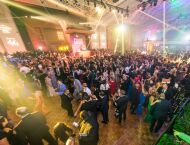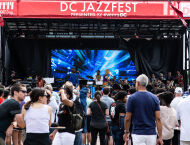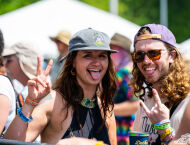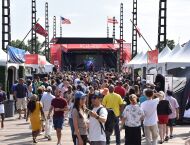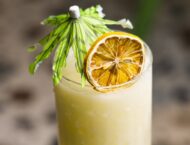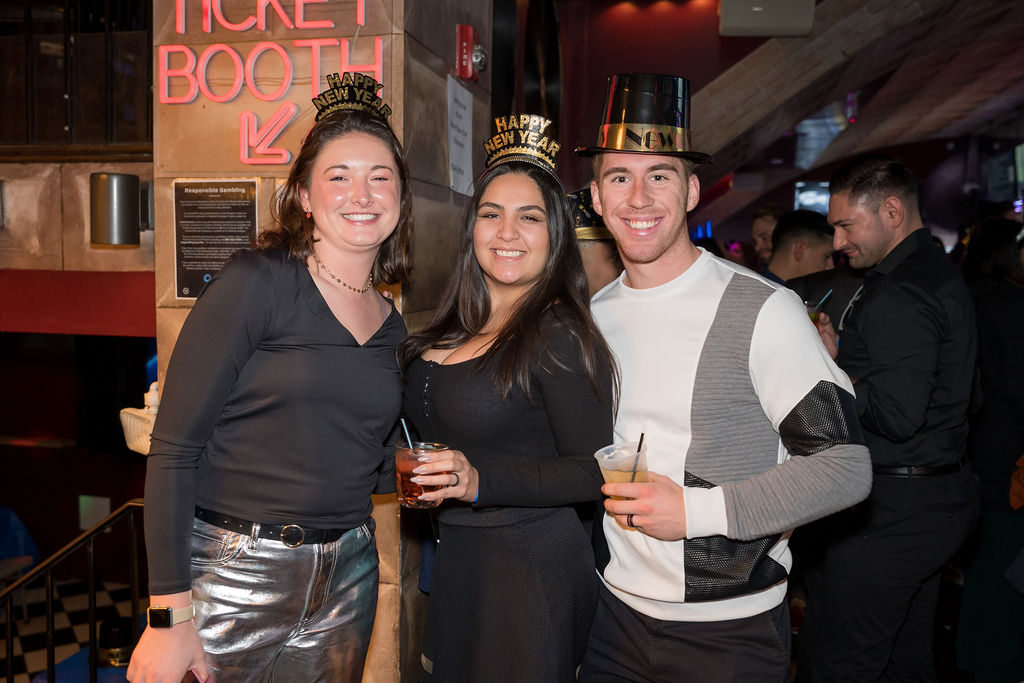Music
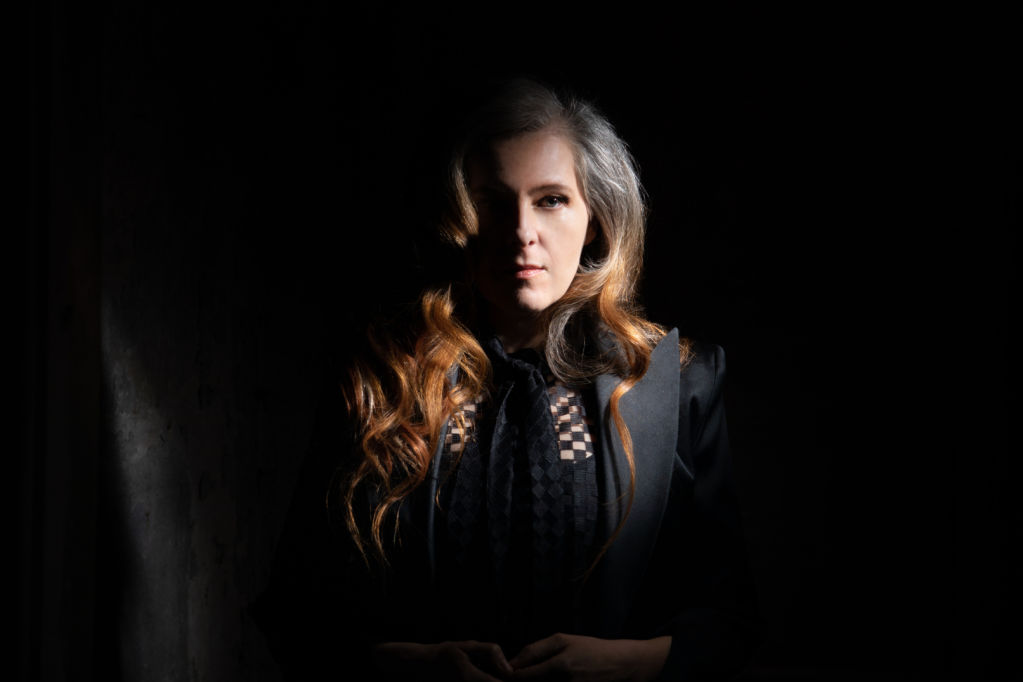 Neko Case. Photo by Ebru Yildiz.
Neko Case. Photo by Ebru Yildiz.
Neko Case: “Wild Creatures” in America
September 1, 2022 @ 12:00pm
For better or worse, Neko Case sounds like America. Since 1997, she’s released critically-acclaimed albums about real love, true crime, Mother Nature, Russian folklore and gender roles, among other subjects. Her music has been categorized as country, folk, indie rock, rock ‘n’ roll, Americana and alternative. Regardless of subject matter or label, all of it is instantly identifiable. Similar to Patsy Cline and Roy Orbison, you know who it is as soon as they’re singing. Case’s voice is singular, easily standing out on most every adult alternative, college and public radio station. Similar to Wilco celebrating the 20th anniversary of “Yankee Hotel Foxtrot,” Case is touring behind beloved album “Blacklisted” on its 20th anniversary. Unlike Cline, Orbison and Wilco, Case is playing a national park this September. We spoke with the Vermont-based artist on “Blacklisted” and other songs in her 30+ year-long career before the fall leg of her tour behind the new career-spanning compilation “Wild Creatures.”
District Fray: “Blacklisted” was released in 2002. Did you think “Deep Red Bells,” a song about a serial killer and socioeconomic status, would predict the next 20 years of America?
Neko Case: No. The day I went in to record the vocals on it, I saw in the newspaper the Green River Killer had been caught. And I broke down sobbing because I couldn’t believe it took that long to catch the person slaughtering these poor women.
It’s not that dissimilar to the Golden State Killer stuff that happened a few years ago.
Or the Pickton pig farmer in Vancouver, which happened right on the tail end of the killings.
Even if I’m in a great place, your versions of “Don’t Forget Me” (from 2009’s “Middle Cyclone,” originally by Harry Nilsson) and “In California” (from 2001’s “Canadian Amp,” originally by The Lisa Marr Experiment) make me feel like I’m about to burst into tears. What about those songs made you want to make them your own?
Well, they made me feel like you described, and I’m sure I did break down sobbing upon hearing both of them. The Harry Nilsson song really hit me hard. And I knew Lisa, too. And something about knowing her made the song that much stronger for me. I just thought that song was so universal and perfect, and so tender and so sad.
I want to write songs you feel invited to, like you could kind of wear them around. It’s like borrowing a piece of clothing from your best friend or something, like we did when we were kids. ‘Can I wear your t-shirt to the show,’ or whatever. And you just feel so cool. That’s how songs make me feel when I really relate.
I always use this metaphor: If I had a punk rock vest, I want you to wear my punk rock vest, and I want you to feel punk rock while you’re wearing it. But then it’s also your punk rock vest now.
I try to never explicitly say what songs are about because I don’t want to ruin it for people, because they have a certain attachment to it. I just want them to feel like they’re in that moment.
Your most heartbreaking song, in my humble opinion, is “Nearly Midnight, Honolulu” (from 2013’s “The Worse Things Get, The Harder I Fight, The Harder I Fight, The More I Love You”). That was written before you were a parent. Does that song mean anything different to you now? Could you write that song now?
Yeah. I just really related to that little kid that was being yelled at. It really happened right in front of me; it’s pretty much verbatim. The little kid was just so sweet and energetic and was just singing and talking to her mom and her mom was like, ‘Get the f–k away from me.’ And it broke my heart so much. I wanted to somehow have a giant syringe and just inject that kid with something really good.
How often are people surprised your live shows are not sad? Your between-song banter is like watching the best Conan and Andy banter on “Late Night with Conan O’Brien.”
Thank you. I guess I just realized a long time ago that pretending I was really serious just made me look like a total asshole. And it didn’t work. And I learned the audience really likes it when you mentioned they’re also there. As an audience member, I knew I really liked it when the band would be glad to see you.
I remember a whole lot of shows where there was this invisible curtain between you and the band, where you better stand there and shut the f–k up and listen to them. They won’t acknowledge you, and there’ll be a lot of looking over your heads toward the back. And, you know, get over it. You’re lucky to be seeing this. I even remember seeing people screaming at the audience for talking. But the thing they were talking about was how excited they were.
I’m generally more confident when there’s noises happening during the show or people [are] talking. I mean, not just straight up rude, like trying to ruin a quiet part or something, but people milling about, hearing the clinking of bottles or something. I like knowing people are having their Friday night; it’s their night, too.
There’s no place more special in your community than a rock show. It is a catalyst for so many things. It’s this great space of absolute possibility. You could meet your best friend; you could meet the future love of your life; you could meet the person you’re going to be in a band with; you could take your brother or cousin to their first-ever show — there’s so much possibility there. And it’s one of the last things that makes a neighborhood a neighborhood because everything else is so cookie cutter, big box store.
Neko Case plays Wolf Trap September 9. “Wild Creatures” is now available on all streaming platforms. Learn more at nekocase.com and follow Case on Instagram @nekocaseofficial.
Wolf Trap National Park for the Performing Arts: 1551 Trap Rd. Vienna, VA; wolftrap.org // @wolf_trap


